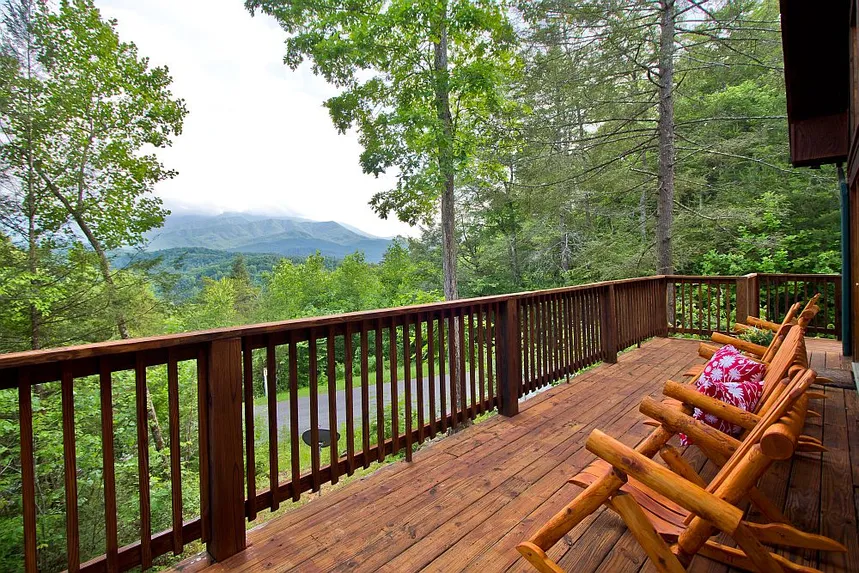The Airbnb Effect: Disrupting Sevier County, Tennessee’s Rental Market
Published Jun 10, 2024In recent years, Sevier County, Tennessee, nestled in the heart of the picturesque Smoky Mountains, has experienced a significant shift in its rental market dynamics, largely due to the disruptive influence of Airbnb. Once known for its quaint long-term rental options and thriving tourism industry, the county has witnessed a transformation that has left many residents and stakeholders grappling with the repercussions.
The Rise of Airbnb:
Airbnb, the online platform that allows property owners to rent out their spaces to travelers, has undoubtedly revolutionized the way people travel and seek accommodation. In Sevier County, this phenomenon has been particularly pronounced, with an influx of property owners listing their homes, cabins, and condos for short-term rentals to capitalize on the burgeoning tourism industry.
Impact on Long-Term Rentals:
However, the proliferation of Airbnb listings has had a profound impact on the availability and affordability of long-term rentals in the area. As property owners find it more lucrative to cater to short-term vacationers, the inventory of traditional long-term rental properties has dwindled. This scarcity has inevitably driven up rental prices, making it increasingly challenging for local residents, particularly those with lower incomes, to secure stable housing.
Price Disparities:
Moreover, the surge in short-term rental properties has created a stark contrast in pricing between long-term and short-term accommodations. While long-term rentals experience soaring rates due to limited availability, short-term rentals engage in fierce competition to attract guests, often resorting to drastic price reductions. This price war among short-term rentals has led to a race to the bottom, with property owners slashing rates to maintain occupancy levels, thereby diminishing the profitability of their investments.
Community Concerns:
The ramifications of these shifts extend beyond mere economic implications. Many residents express concerns about the erosion of community cohesion and the loss of neighborhood character as more properties transition into transient vacation rentals. Furthermore, the transient nature of short-term rentals can disrupt the social fabric of neighborhoods, as turnover rates increase and a sense of permanence diminishes.
Regulatory Challenges:
Addressing these issues presents a complex regulatory challenge for local authorities. Balancing the economic benefits of tourism with the preservation of affordable housing and community integrity requires thoughtful policymaking. Efforts to regulate short-term rentals through zoning restrictions, occupancy limits, and taxation have met with mixed success, often facing pushback from property owners and industry advocates.
Seeking Solutions:
To mitigate the adverse effects of the Airbnb phenomenon, stakeholders must collaborate to find innovative solutions that promote sustainable growth and equitable access to housing. This may involve incentivizing property owners to offer long-term rentals through tax breaks or subsidies, implementing stricter regulations on short-term rentals to ensure responsible hosting practices, and investing in affordable housing initiatives to address the housing shortage.
Conclusion:
The rise of Airbnb has undeniably reshaped the rental landscape in Sevier County, Tennessee, with far-reaching implications for residents, property owners, and the broader community. While the short-term rental market offers lucrative opportunities for property investors and caters to the growing demand for vacation accommodations, it also presents challenges in terms of housing affordability, community cohesion, and regulatory oversight. Moving forward, finding a delicate balance between the interests of various rental housing owners will be essential in fostering a sustainable rental market that benefits both residents and visitors alike.







